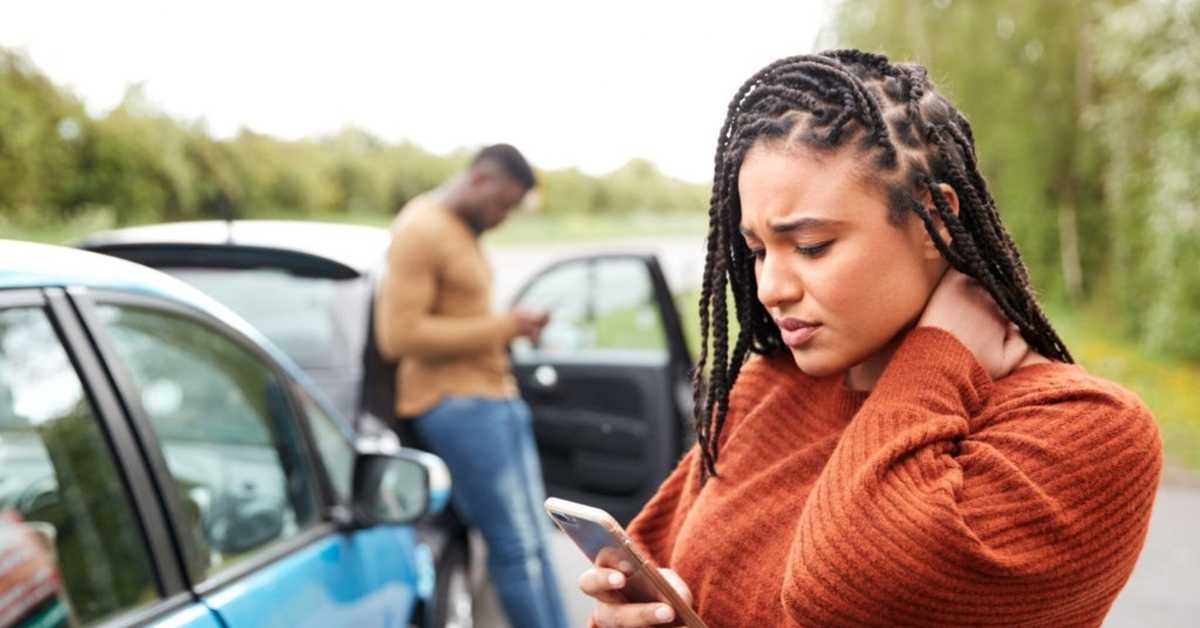Table of Contents
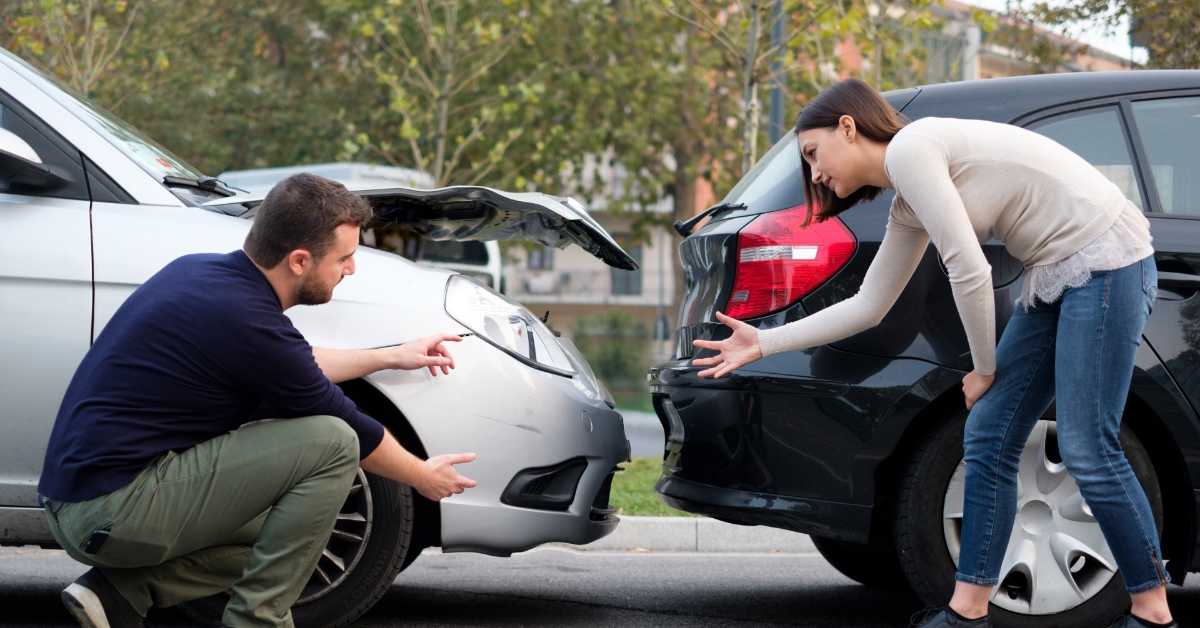
After an accident, you should do the following,
Stop Where You Are
You are never legally allowed to leave the scene of an accident until permitted to do so by the police, even if it was minor and you were not at fault.
Assess Your Injuries
If you seem to be uninjured, go ahead and remove yourself from the vehicle and get to a safe location on the side of the road. If you are injured and need help, repeatedly honk the horn or scream out the window. More than likely, another driver or nearby pedestrian will already be on the way to help you.
Dial 911
Whether or not you are injured, you should immediately dial 911 to report the accident and get a police officer on the scene. If you need an ambulance, you can alert the 911 operator of your injuries and seek advice about what you should do before the paramedics arrive.
Prevent a Worse Situation
If your car is in the road and you have flares available, set them up down the street to prevent oncoming cars from smashing into the wreckage. If nothing else, be sure to leave your emergency lights flashing.
Be Honest With The Police
It’s important that you give the police a detailed description of the events that occurred. Tell them everything you know, but be careful not to exaggerate or speculate on any of the information, even if you believe it could help your case. If you are caught in a lie, you could face heavy consequences later.
Document Everything
Now that smartphones have become a normal part of everyday life, you really have no excuse not to get documentation of the results of your accident. Take pictures of all involved vehicles, the damage to each vehicle, the license plates of each vehicle, and any injuries that are visible on your body.
Exchange Information With the Other Involved Parties
The police officer on the scene will get the information from each driver, but for your own benefit, it’s a good idea to also seek out this information on your own. Ask for the names, addresses, phone numbers, and insurance information for each of the drivers who were involved.
Go to the Hospital
You might think that you didn’t get hurt, but it’s still very important that you see a doctor to get checked out. You may be in shock and unable to feel the true extent of your injuries, and seeking medical attention is important if you want to be able to legally claim these injuries occurred as a result of the accident.
File an Insurance Claim
As soon as possible, call your insurance broker to report the accident and file a claim. Some policies will penalize you if you don’t file a claim within a reasonable amount of time.
Hire an Attorney
Depending on the nature of the accident, the injuries you received, and the damage to your vehicle, it might be in your best interest to hire an attorney. A good attorney will protect your rights and ensure that the consequences of the accident are fair for everyone involved. If you are owed a settlement, he or she will fight hard to win you the highest amount possible.
How to Deal With a Pedestrian Car Accident
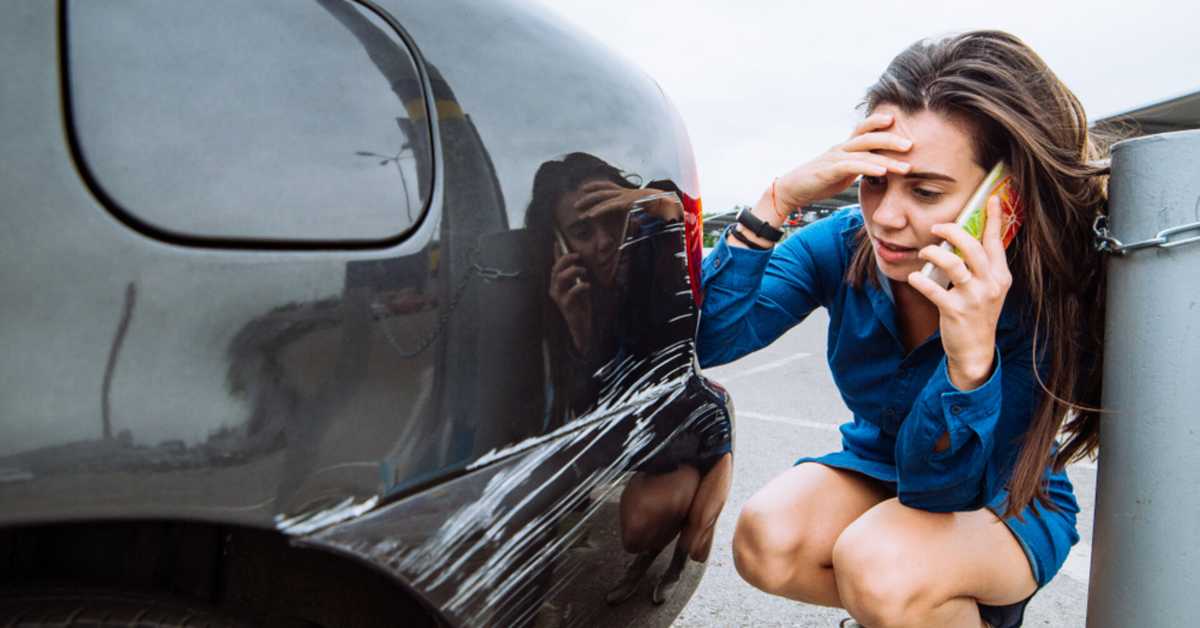
Accidents on the road don’t necessarily have to only involve two or more vehicles. Often accidents may involve a vehicle and other objects in the road such as an animal or pedestrian. How you react after each situation varies so it’s important that you understand the steps you need to take to ensure the best possible outcome.
Accidentally hitting a pedestrian with your car is one of the worst situations you could ever encounter as a driver. As long as you’re a safe driver, this terrifying scenario will likely never happen to you, but it’s still a good idea to be prepared for the worst.
Stay Put
Although you can learn the proper steps to take, nothing can prepare you for the terror and regret you will feel if you hit someone. It’s easy to say that you would never hit and run, but many drivers panic and take off without even thinking of the consequences. It’s very important that you do not do this. It doesn’t matter if the person you hit is alive or dead. If you leave the scene, the end result will be much worse for you.
Stay Calm and Call for Help
Turn on your emergency flashers, shut off your engine, and get out of the car. The person you hit could still be under your vehicle, and if you attempt to move without first getting out and checking, you could potentially kill him or her. Instead, get out and immediately dial 911. It’s important to get an officer and an ambulance on the scene as soon as possible.
Check on The Victim
Depending on how fast you were going, the pedestrian may have been thrown a long-distance away. First, check to make sure that he or she isn’t laying on the road and in danger of being hit by other cars. Next, begin looking around the side of the road, in the brush, and down any embankments that may be in the area. When you locate the pedestrian, see if you can get him or her talking and ask what hurts. You will still be on the phone with the 911 operator at this time, so describe the injuries in as much detail as you can. If the injuries are severe, try your best to be comforting and let him or her know that help is coming.
Talk to the Police
After a few minutes, the ambulance should arrive and the EMT team will take over. At this point, it’s time to talk to the police. Give the officer all of your information and do your best to describe exactly what happened. Include how fast you were going, which direction the victim came from and any other details you can remember. It’s also important to get the information from the pedestrian, but if he or she is too injured at the current time, you may have to take care of it later.
Keep Records of Everything
Write down the name of the pedestrian you hit, the name of the officer on the scene, the names and phone numbers of anyone who witnessed the accident, and any other details that you notice. If you have a smartphone on you, take pictures of the accident scene, and record conversations with witnesses. The more information you have, the better you will be able to help yourself if the incident goes to court.
Hire a Lawyer
Depending on how seriously you injured the pedestrian, you may need to hire a lawyer after the crash. Even if the injuries were not severe, you should still prepare yourself to be sued. Hiring a good criminal defense lawyer is the only way to ensure that you aren’t unfairly blamed for what was truly an accident.
Hitting an Animal on The Road
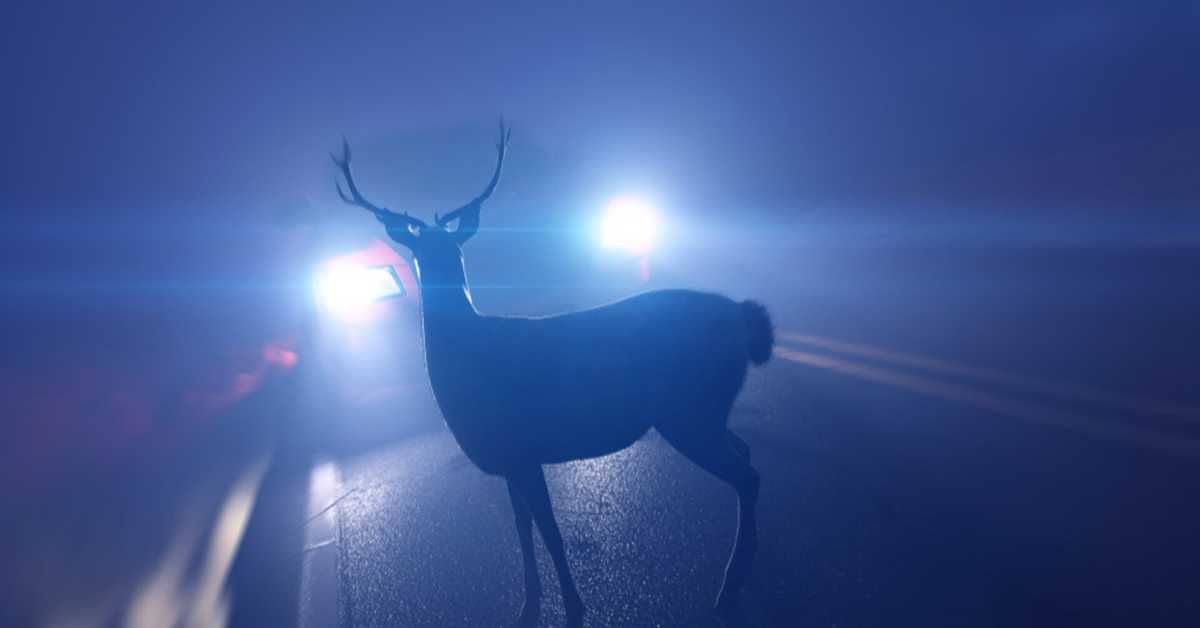
As a new driver, you should always be prepared to encounter any number of possible situations. Some will be scary, some will be annoying and some will be downright infuriating. However, there is one particularly traumatic driving situation that your driver’s education course likely didn’t prepare you for: The possibility that you could hit an animal with your vehicle.
Stop And Call The Authorities
Although it isn’t often spoken of, most states have a law that requires you to stop and call 911 if you hit a domestic animal. Pets are considered personal property, which means that if you leave the scene, you are essentially carrying out a hit and run. These laws usually don’t usually apply to wild animals, but stopping is still a good idea. From an ethical standpoint, it’s simply the right thing to do. From a personal standpoint, you should at least stop long enough to check for damage to your vehicle.
Think Safety
Your immediate reaction after you hit an animal on the road will depend on where you are when the accident took place. If you’re on a quiet neighborhood street in the middle of the night, it’s best to stop where you are, put on your emergency flashers and look around the front of the car for the animal, who could possibly be trapped beneath the car. However, safety should be your number-one priority, which means that if you’re on a busy street with plenty of traffic, you will need to pull over to the side of the road before taking any action. Prepare yourself emotionally before you get out and look. What you’re about to see will probably be pretty upsetting.
Find The Animal And Try Not to Move Him
If you can safely locate the animal, try not to move him unless there is immediate danger. If he is on a busy road and will likely be hit again, wrap him in a blanket or jacket, and carefully move him to the side of the road. If there is serious bleeding, apply pressure to the wounds while you wait for help to arrive. As with humans, doing this could potentially save a life.
Decide if You Can Handle The Responsibility
If you can locate the owner after the accident, the injured animal can be transferred into his or her care. If the animal was a stray or the owner can’t be located, you have a big decision on your hands. Be aware that in most states, if you take possession of an injured animal, it is your legal responsibility to provide medical treatment. You may feel guilty leaving the hurt creature for the authorities to deal with, but if you can’t afford proper veterinary care, this is probably what you should do.
Be Aware of The Possible Consequences
There may be legal consequences after hitting an animal, either for you as the driver or for the owner of the pet. In most areas, people are not legally allowed to let their dogs loose because it can cause an accident. Therefore, if you suffered damage to your vehicle as a result of hitting a dog that was running free, you may have a case against the owner. Likewise, if you were driving recklessly or were under the influence of drugs or alcohol at the time of the accident, the owners may have a case against you.
Witnessing a Car Accident
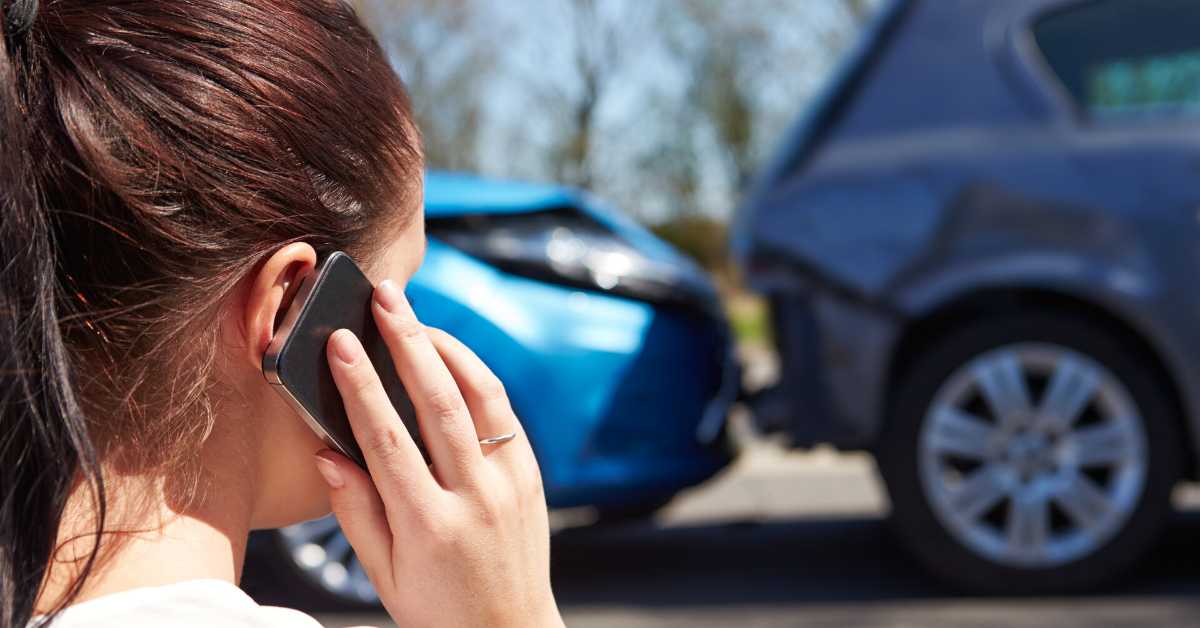
Chances are, you will witness a car accident at some point in your life. It may occur while driving on the road, walking on the road or even watching the road from your nearby home or workplace. If this happens, your only true responsibility is to call the authorities and let them know that an accident just took place. If you choose to take further action, you should know that once you involve yourself, there is no backing out of the situation. Of course, this isn’t to say that you shouldn’t attempt to help if you think you can. It’s just something to keep in mind.
Dial 911
Your first and most important responsibility after witnessing a car accident is to dial 911. Always do this before you move toward the scene of the crash to check on the injured. If the injuries are severe, it will help to already be on the phone with a 911 operator so you can receive instructions on how to provide medical support. You also want to ensure that the ambulance is dispatched as soon as possible. Even if the accident appeared to be minor, always make the call. If nothing else, a police officer needs to be on the scene to make a report.
Never Endanger Yourself
It’s great to want to be a hero, but endangering your own life while trying to save another could make the situation worse for everyone involved. If you were to get hit by a car while trying to save another person, not only would it mess up your own life, but it would leave the rescue unit with even more injuries to deal with. If you feel that you can help, go ahead, but never do so at the expense of your own safety.
Keep Your Wits About You
Once you’re on the scene, it’s important to stay as calm as you can. Remain on the phone with the 911 operator until the authorities arrive and follow his or her instructions carefully. Unless you’ve been trained as a first responder, you should avoid attempting any medical treatments beyond what you’re instructed to do. If something were to go wrong and the injured party were to die, you could potentially be blamed.
However, there are exceptions to this rule. For example, if the wrecked vehicle is on fire and the injured party is about to be burned, you should probably do everything in your power to get him or her out. In situations like this, it’s best to trust your gut and make a judgment call on what seems right.
Talk to The Officer on Scene
When the police arrive, remain on the scene until you’ve given a statement and been told it’s okay to leave. You’ve involved yourself as a witness, and now you need to follow through by discussing everything you saw in as much detail as you can remember. Always leave your name and telephone number with the officer so you can be reached later if necessary.
Witnessing a car accident can be a scary experience, but it also presents you the opportunity to make a difference in another person’s life. Someone who has just been through a car accident will be terrified, confused and in need of compassion. If you’re brave enough to offer that help, he or she will likely remember you forever.
Recovering Mentally After a Car Accident
If you’ve recently wrecked a car, you’re probably experiencing a number of different emotions. It’s normal to feel angry, sad or even a little scared after an accident, especially if you or someone else was hurt. Car accidents are one of life’s most traumatic experiences, and they can make getting back behind the wheel very difficult.
Take it Easy on Yourself
If you were at fault for the accident, try not to be too hard on yourself. Becoming a good driver takes time and experience, and many new drivers are involved in an accident during their first few years on the road. The best that you can do is learn from your mistake and commit to being more careful in the future. What’s done is done. Beating yourself up about it won’t repair your car, heal your broken ribs or fix anything else that occurred.
Ask to Ride Along
After you’ve experienced losing control behind the wheel, getting back in the driver’s seat can often trigger a huge amount of anxiety. If you aren’t comfortable, consider being a passenger first. Ask a trusted parent or friend to drive you around and help you get used to the feeling of being on the road again. After you survive a short trip, try switching positions and driving on the way home.
Visualize That You Will be Okay
It might help to know that statistically, not very many drivers have a second car accident closely following their first. As long as you commit to driving safely, you will probably be fine. Keep this in mind as you get back onto the road for the first time following your crash. If you’re still having trouble, try practicing deep breathing and other relaxation techniques that can help calm your mind and keep you focused.
Consider Going to Traffic School
If you received a citation as the result of your accident, you can go to traffic school to get some of the points removed from your record. However, another good reason to go to traffic school is simply to gain back some of your confidence on the road. Traffic school places you in an environment where you can learn about road safety and discuss these matters with other drivers.
Watch For Signs of Post-Traumatic Stress Syndrome
Post-traumatic stress syndrome (PTSD) is an emotional disorder that affects people who have survived a terrifying event. While it’s normal to feel upset after a car crash, intense feelings of depression, anxiety or anger could be signs that you’re suffering from PTSD. If you think this may be a case, it’s important that you talk to your doctor right away. He or she will refer you to a counselor who can help you deal with your feelings. Don’t let PTSD go untreated. It could potentially send you into a downward spiral that could be difficult to climb out of on your own.
Statistics show that most drivers will experience a car accident at some point during their lives. Defensive driving can go a long way to help prevent this, but certain circumstances can make accidents unavoidable. If you’ve been through one, be glad that you survived to tell the tale, and use it as motivation to become a better driver. It may take time, but with enough practice, you will regain your confidence behind the wheel and go forward to experience many years of safe driving.
Preventing a Car Accident in the Future
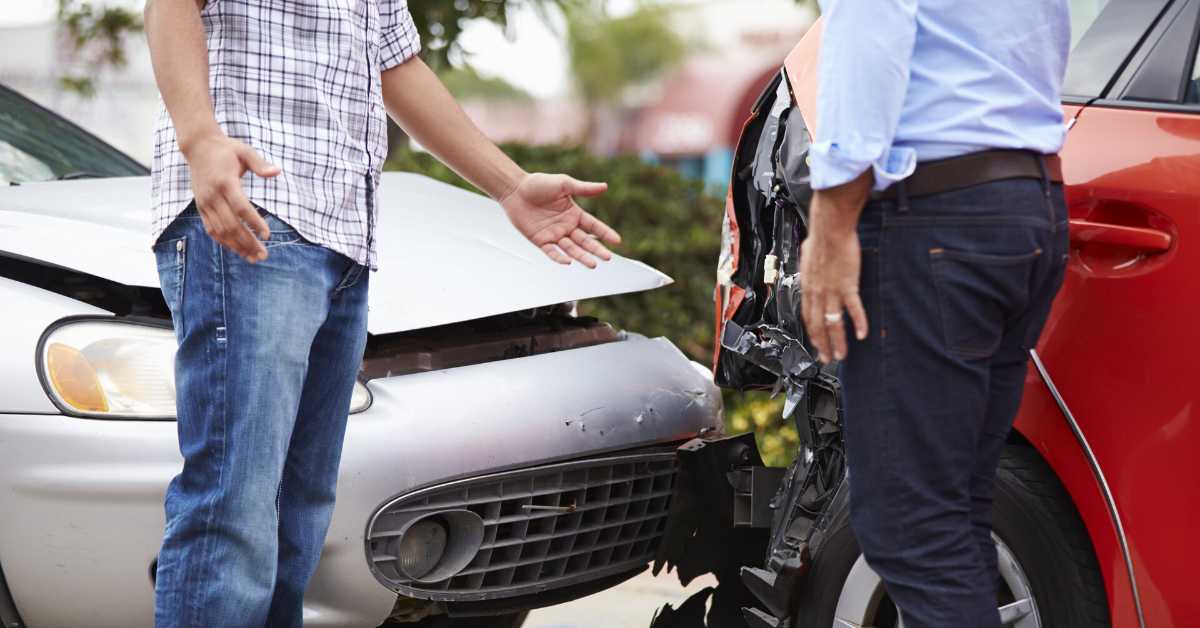
Wear a Seat Belt
This is one of the most important rules of the road. In many states, it’s also against the law not to be buckled up. Police officers can charge offenders through primary enforcement or secondary enforcement. Primary enforcement means that the officer can stop a driver and give him/her a ticket if he/she observes that a seatbelt is not being worn. Secondary seat belt enforcement means that an officer is only allowed to stop and ticket a driver if the driver has committed another infraction (such as running a red light/stop sign or speeding). If you’re driving with a young child, be aware that there are unique child restraint laws for each state. New Hampshire is the only state in which drivers can legally operate a vehicle without buckling up. According to the National Highway Safety Association, 47% of of vehicle occupants that were killed were not wearing their seat belts.
Keep Your Car Tidy and in Good Working Order
If your car is neat, you’ll be less likely to “dig” through its contents to find your phone, map, or other needed item, and if it’s in good working order, something is less likely to go wrong while you’re driving. For example, be sure to keep your windshields and windows clean and your windshield wipers working properly for optimal road viewing, and make sure your brakes are adjusted and tires properly inflated to avoid loss of control on the roadway. You should also check that your lights are working properly for the maximum night and inclement weather visibility.
Don’t Swerve when Hydroplaning or Drifting Off-Road
Many drivers’ first instinct when they begin to hydroplane due to wet, snowy, or dirt roads is to swerve back onto the road as fast as possible, but if you do this, you put yourself at high risk of rollover. Instead, you should carefully turn the steering wheel so that your vehicle is traveling straight and gradually slow down. After doing this, ease over to the side of the road and stop safely until you are mentally prepared to begin your journey again. If you do have to swerve in the event of an animal or unseen pedestrian, first turn the steering wheel and then apply the brakes to avoid the chance of a rollover.
Don’t Tailgate Other Vehicles
It doesn’t matter how slowly traffic is moving. If you’re tailgating another vehicle, you’re placing yourself and your passengers at risk for a collision. Try to keep at least two seconds of following distance between your vehicle and the vehicle in front of you. This guarantees you will be able to stop in time if the driver ahead must “slam” on his/her brakes.
Avoid Distractions While Driving
From checking the latest Facebook status updates on your smartphone to adjusting your GPS route, distracted driving is never a safe choice. If you must make a phone call, eat a snack, or read map/GPS directions, pull over to the side of the road to do so. Too many accidents are caused by drivers who are simply not paying attention- even for a few seconds.
Avoid Bad Weather when Possible
Weather is a huge factor in many automobile accidents. If you can avoid driving in bad weather, do so. If you must drive, be sure your windshield wipers are working properly and that you use them during times of rain or snow. In cold weather, you should always defrost your windshield completely before hitting the road, even if you are short on time. Reduced visibility is a huge factor in vehicle collisions. If you must drive in the snow and live in a cold-weather climate, purchasing all-season or snow tires is a smart choice. You should also drive slowly and carefully, use your brakes and gas pedal gently, and maintain a larger stopping distance than you normally would.
Don’t Drink or Use Drugs or Get into a Vehicle with a Driver Who Has
This one should be a no brainer. Drinking and driving and using drugs while driving can easily become a deadly situation and can lead to receiving a DUI, which can result in loss or suspension of your license or jail time. Always choose a designated driver or make plans to take a taxi home after a party. There are extremely strict regulations for teenage drivers who drink or use drugs, so you should avoid doing so at all costs.
Use Your Signals Correctly
Always use your turn signals, even if no other drivers appear to be around. When driving on the highway, signal a few seconds before you change lanes to give other drivers the opportunity to provide space for your vehicle. Be especially careful when using exit ramps.
Be a Defensive Driver
Be on the lookout for probable road crashes and accidents, and take note of all of your surroundings and act accordingly. Driving defensively also means not defending your driving position. You should always be courteous to other drivers and let them pass you if they are trying to do so. Do not try to hold your own place in traffic. Consider the fact that the other driver may be in a bigger hurry than you are and could be a danger to you and other drivers. It’s best to let them get away from you- not to stick closer to them!
Slow down!
Not only can you earn a speeding ticket if you’re going too fast; you can put yourself at risk for an accident as well. Even if every other vehicle around you is breaking the speed limit, you should follow it. There are always hidden police officers lurking in hideaways to catch speeders-even if they are “following the flow of traffic.” Be especially aware of speed limit changes in cities when traveling on highways. In urban areas, speed limits can decrease rapidly, and it’s often easy to stay at the same pace you’ve been going.
